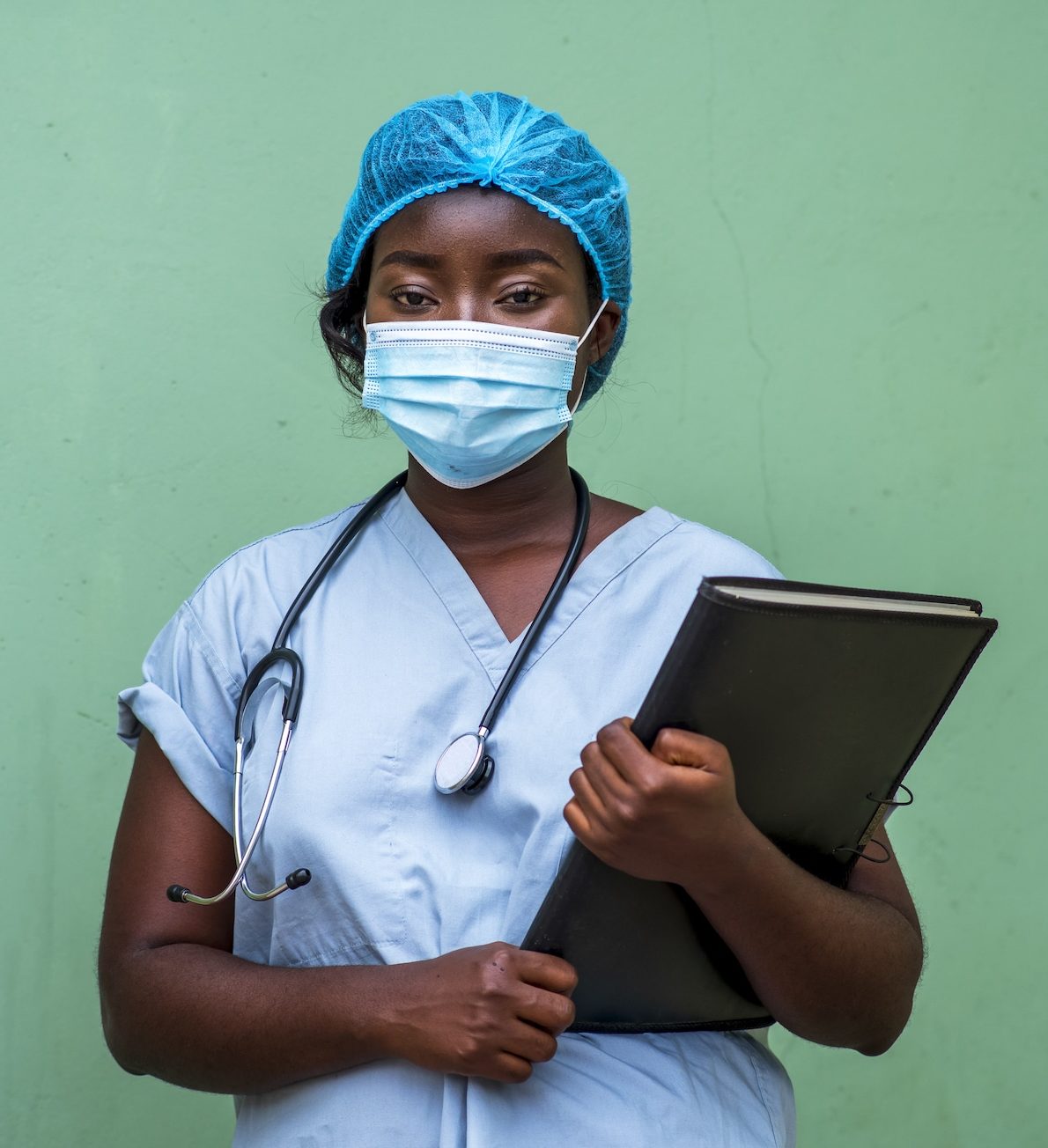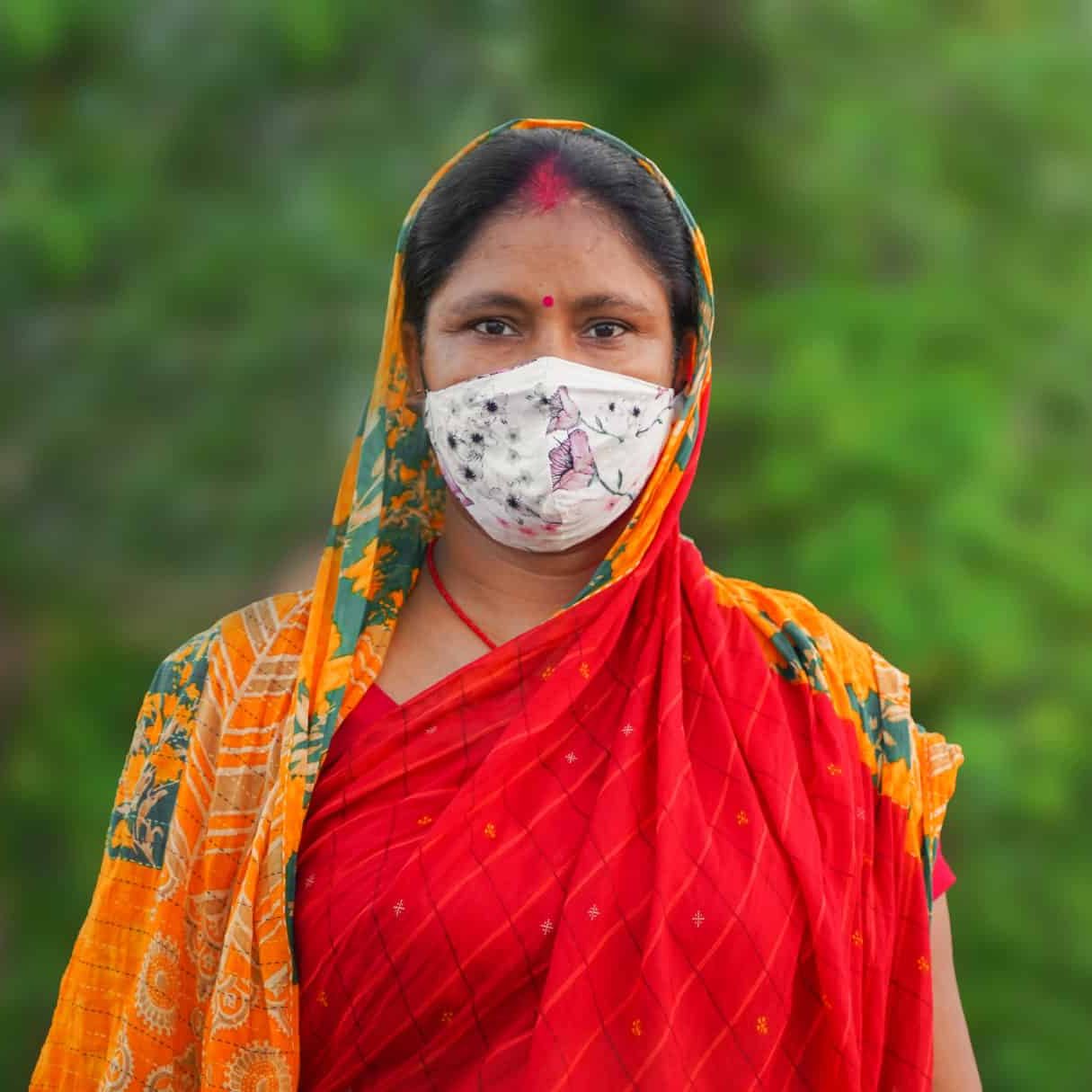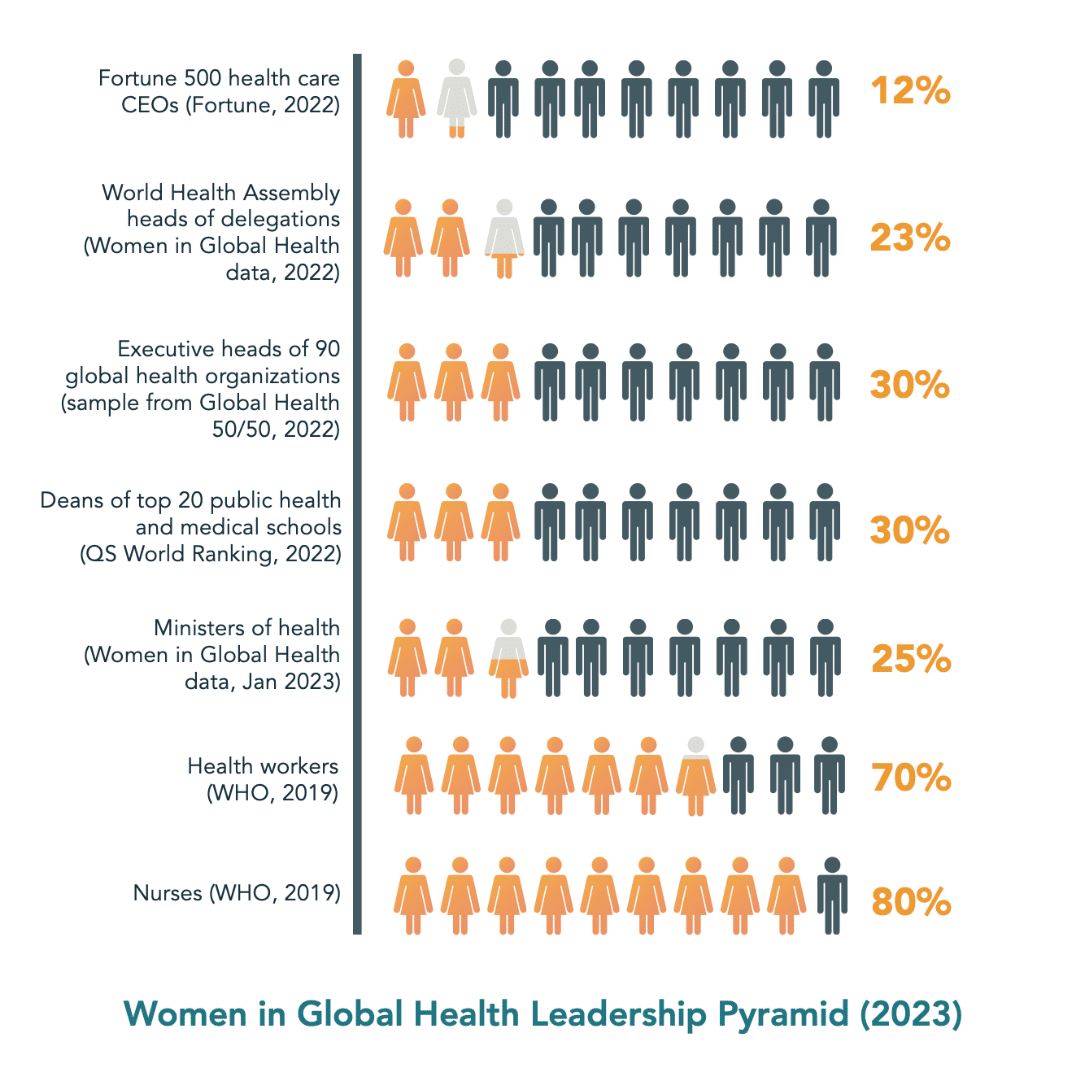New social contract for women health and care workers
The COVID-19 pandemic has brought to light the gender inequities and disparities that exist within the health and care workforce. Despite being hailed as heroes, women health and care workers face a range of challenges, from low pay and lack of job security to limited opportunities for career advancement and leadership positions. These barriers not only impact women’s lives but also have serious implications for the health systems they work in and the communities they serve.
To address these challenges, a new social contract is needed to support and promote gender equity in the health workforce. Women in Global Health (WGH) is advocating for this new social contract, which must include fair pay, safe and decent work conditions, harassment-free workplaces, and equal opportunities for leadership. By investing in women’s health and care workers, we can prevent the “Great Resignation/Migration” of health workers and achieve global health security and Universal Health Coverage (UHC).
WGH and the government of France launched the Gender Equal Health and Care Workforce Initiative in 2021 in response to the challenges in the health work and to garner commitments for a new social contract for women in health.


Fair Pay
WGH advocates for recognition, redistribution, and rewarding of women’s unpaid work in the health and social care sectors. Despite contributing $3 trillion globally, almost 50% of this work goes unrecognized and unpaid. The burden of unpaid care work falls disproportionately on women and girls, with an estimated six million health and care workers, mostly women, being unpaid or grossly underpaid. Women’s unpaid work needs to be recorded, redistributed, and rewarded, allowing them to transition into paid formal sector employment, ultimately improving their economic and social position and benefiting national and global health security. To shed light on this issue, WGH published a report titled “Subsidizing global health: Women’s unpaid work in health systems”, which provides recommendations for addressing challenges related to professionalization and pay, particularly in low-income countries.

Equal Leadership
WGH advocates for equal representation of women in health decision-making at all levels, recognizing that women are essential to the health and care workforce, comprising 70% of health workers and 90% of frontline health workers. Despite their significant presence in the health sector, women hold only 25% of senior decision-making positions in health. In response to this, WGH seeks to generate evidence and ignite change on the issue of equal representation of women in health decision-making. Our policy report “The State of Women and Leadership in Global Health” assesses the pace of change of the gender leadership gap at the global level, the impact of the pandemic on leadership progress for women and informs our recommendations with country experiences from India, Kenya and Nigeria. WGH also tracks the proportion of women in decision-making positions at the global level through its annual gender count at the World Health Assembly.
There is no shortage of women in the health and care talent pipeline in most countries, but gender inequality is systemic and will not change without deliberate action.

Safe and Decent Work
WGH advocates for safe and dignified working conditions for women in health, who are often on the front lines of care delivery but face significant challenges in the health workforce. These challenges often include lower status within health systems, exclusion from the formal labor market, and inadequate access to Personal Protective Equipment (PPE), which puts their own health and the response to health threats at risk. Women in Global Health is calling for strategic procurement, stockpiling, and distribution of PPE designed to suit women’s bodies and modeled on their bodily functions. This advocacy is reflected in the “Fit For Women” report, which highlights the urgent need to address the gender-specific challenges facing women health workers.

Prevention of Sexual Exploitation Abuse and Harassment in Health
WGH is taking an active role in addressing the pervasive issue of sexual exploitation, abuse, and harassment (SEAH) in global health that affects women health workers across all regions. Despite increasing recognition of the problem, data is still lacking, and incidents continue to occur, with men being the majority of perpetrators and women being the majority of victims. Women health professionals are vulnerable to abuse from different sources, including colleagues, superiors, patients, patients’ family members, and the community, with younger women, migrants, and marginalized groups being more susceptible to SEAH. WGH has convened 200 organizations to advocate for prevention of SEAH and opened a testimony site for health workers to contribute anonymous stories. The report “Her Story: Ending Sexual Violence and Harassment of Women Health Workers” provides a deeper understanding of the experiences of women health workers who have faced SEAH and outlines recommendations to put an end to the problem.
